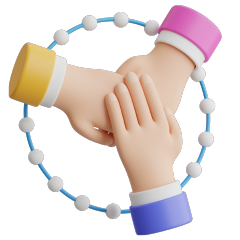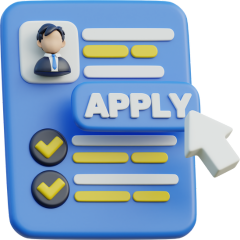NDIS Check-Ins

Changes are coming to the NDIS, especially with the release of the Final Report of the independent NDIS review panel and the introduction of a new bill.
Changes are coming to the NDIS, especially with the release of the Final Report of the independent NDIS review panel and the introduction of a new bill. One of the improvements introduced in recent years is the NDIS check-in approach. More regular NDIS check-ins replaced the requirement for a full plan review for eligible participants.
Keep reading to learn more about this process.
What is a check-in?
A check-in is a conversation between you (or your representative) and your main contact in the NDIS, which can be the local area coordinator, early childhood partner or planner.
What is it for?
A check-in with your NDIS contact is a chance for both you and the NDIS to see if you are on the same page regarding your needs. This is time for you to ask questions and to share your thoughts regarding your plan.
When does a check-in happen?
- Every 12 months, unless you have big life changes coming up, your plan is complex or it’s your first plan and you ask for more frequent check-ins
- At least 2 months before your plan reassessment date
- When something changes or you need support
- If the NDIA sees that you’re spending less or more money from your plan than expected
During your plan meeting or plan implementation meeting, you and your NDIS contact will agree on a date for your first check-in.
This could be held face-to-face, over the phone or online.
How do I prepare for a check-in?
Your NDIS contact will provide you with this information, especially if you need to bring evidence.
The NDIA advises that a check-in usually last 45 minutes on average. You can bring a family member, supporter or someone who helps you with your plan, such as your support coordinator.
You can try answering the questions below as a way to prepare for your check-in:
- Do you want to provide new information or evidence regarding your situation?
- Are you happy with how your goals are going?
- How are your supports working for you?
- Has your situation changed?
- Are there any big changes coming up in your life? (e.g. finishing school, starting a new job, moving to a new place)
What happens next?
After your check-in, the NDIA will send you a summary of the conversation as well as next steps.
Next steps can be the NDIA making changes to your plan or providing you with more support to effectively implement your plan. For example, if you don’t have a support coordinator, the NDIA may fund an SC to support you.
Or perhaps, no changes are necessary! This means you have all the supports in place to continue building your independence.
We stay updated on all things NDIS! If you need a helping hand, contact our team of experts to start services with Leora.





